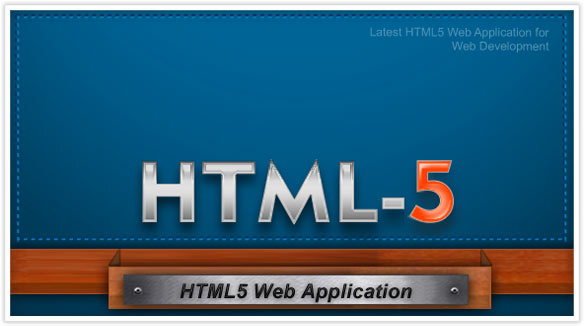Anyone who has had any experience with site development would have perceived the exceptional changes that have happened quite recently in the previous decade as far as the technologies and programming languages. Numerous changes in diverse perspectives have tagged along and patched up the face of the web. In spite of the fact that the quantity of advances and languages quickly expanded, the point was to make rich applications and pages that were generally open and simple to connect. This is significantly all the more difficult as now people are not depending exclusively on the PCs yet they now need the web in their grasp cell phones has tackled this issue as well.

One of the real donors to the new face of the web is HTML- Hyper Text Markup Language. From the first form of HTML that issued us simple, static pages to the fifth era of the dialect, HTML has contributed in giving another face to web improvement. HTML5 Website Development is being seen as the following enormous thing and with the highlights, which HTML5 brings to the table, it is certain to be more fruitful. Web Developers Dubai are connecting tons of new highlights that is making it a quick rising name as the most loved of the designers. HTML5 is additionally deft in giving Mobile Optimized Website Design.
A standout amongst the most imperative focal points of HTML5 is that it obliges no third party plug ins like Adobe Flash, making even the exceptionally rich and intelligent site pages simple to download and significantly lessening the time a page takes to react. This makes simple the making of mobile sites and online networking applications where the area of the client needs to be known. HTML5 is hence heading up as the best alternative for site advancement whether for web or for mobile telephones. It is actually doing miracles in the diversion advancement field- one of the greatest organizations at present.




